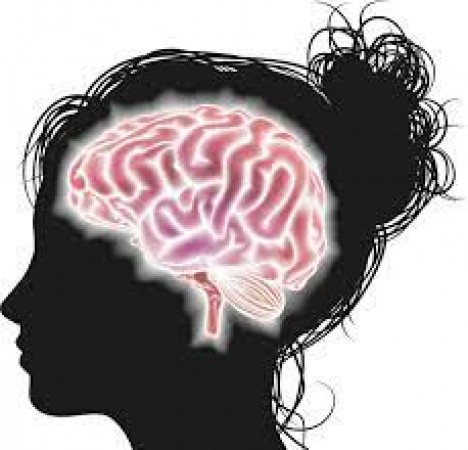
In today's fast-paced world, mental health issues have become a pressing concern. One such prevalent condition is depression, which not only affects our emotional well-being but can also have detrimental effects on our physical health. Recent research has shed light on a concerning connection between depression and brain inflammation. This article delves into the various aspects of this connection, exploring the circumstances that can lead to brain inflammation and the potential harm it poses to our cognitive health.
Depression is a complex mental health disorder that affects millions worldwide. It's characterized by persistent feelings of sadness, low energy, and a lack of interest or pleasure in activities. According to the World Health Organization, depression is the leading cause of disability globally, emphasizing the urgent need for a deeper understanding of its underlying mechanisms.
Neuroinflammation refers to the brain's immune response to harmful stimuli. While inflammation is a natural defense mechanism, prolonged or excessive inflammation can have adverse effects. Studies have shown that individuals with depression often exhibit higher levels of inflammatory markers in their bodies, suggesting a potential link between the two.
Chronic stress is a common trigger for both depression and inflammation. The body's stress response can lead to the release of pro-inflammatory cytokines, signaling molecules that contribute to inflammation. This chronic activation of the immune system can pave the way for brain inflammation.
Neurotransmitters play a crucial role in mood regulation. Brain inflammation can disrupt the balance of neurotransmitters such as serotonin and dopamine, contributing to the development or exacerbation of depression.
Brain inflammation has been linked to impaired neurogenesis, the formation of new neurons. Additionally, communication between neurons can be compromised, affecting cognitive functions like learning and memory.
Autoimmune diseases involve an overactive immune response targeting the body's own tissues. These conditions often involve inflammation, which can extend to the brain and contribute to cognitive problems.
Both obesity and diabetes are associated with chronic inflammation. This inflammation can extend to the brain and contribute to cognitive decline, potentially interacting with the effects of depression.
Regular physical activity has been shown to have anti-inflammatory effects. Exercise can help regulate the immune response, potentially reducing brain inflammation associated with depression.
A diet rich in antioxidants and omega-3 fatty acids can have anti-inflammatory effects. Such a diet may not only benefit physical health but also contribute to improved cognitive function and mental well-being.
Therapeutic approaches like cognitive-behavioral therapy (CBT) can help individuals manage stress and cope with depressive symptoms. By reducing stress, these approaches may indirectly contribute to mitigating brain inflammation.
Mindfulness practices have been linked to reduced inflammation in the body. Mindful meditation and similar techniques can potentially modulate the body's inflammatory response, benefiting both mental and physical health.
Researchers are investigating the use of anti-inflammatory drugs as an adjunct treatment for depression. These drugs, originally designed to target inflammation in the body, might also have positive effects on brain inflammation and depressive symptoms.
The use of anti-inflammatory drugs for depression is a promising area of research, but it's not without challenges. Further studies are needed to determine the efficacy, safety, and potential long-term effects of these treatments.
The relationship between brain inflammation and depression appears to be bidirectional. While depression can contribute to inflammation, inflammation can also exacerbate depressive symptoms, creating a vicious cycle that requires targeted intervention.
Addressing depression-induced brain inflammation requires a comprehensive approach. This includes adopting healthy lifestyle habits, seeking psychological support, considering medicinal interventions, and addressing underlying health conditions. Depression's impact extends beyond emotional well-being, affecting various aspects of physical health, including brain inflammation. The connection between these two phenomena underscores the importance of a holistic approach to mental health care. By understanding and addressing the link between depression and brain inflammation, we can develop more effective strategies for preventing and managing these complex conditions.
From Pizza to Biryani: A Journey through Global and Indian Cuisine
Stale Rotis: Your Unexpected Allies in Diabetes Management
Boost Digestive Health with Our Tasty Broccoli Carrot Salad Recipe